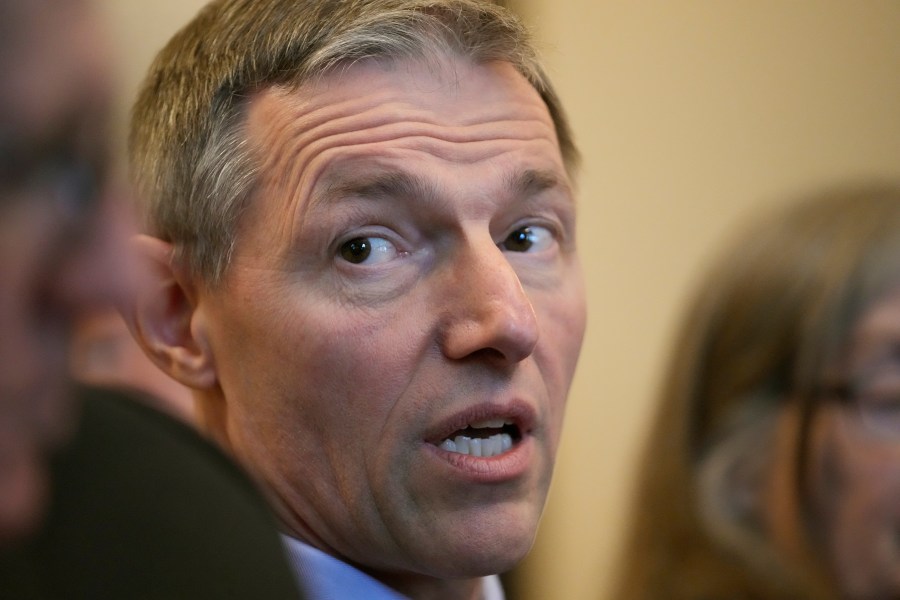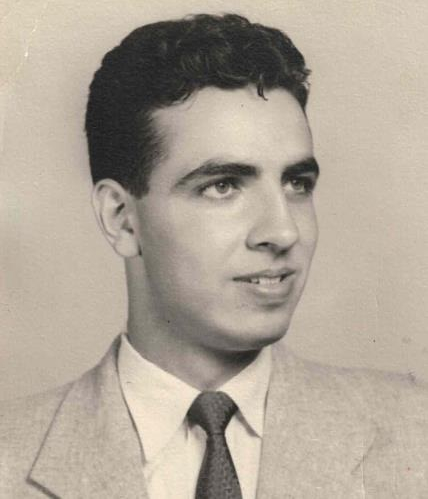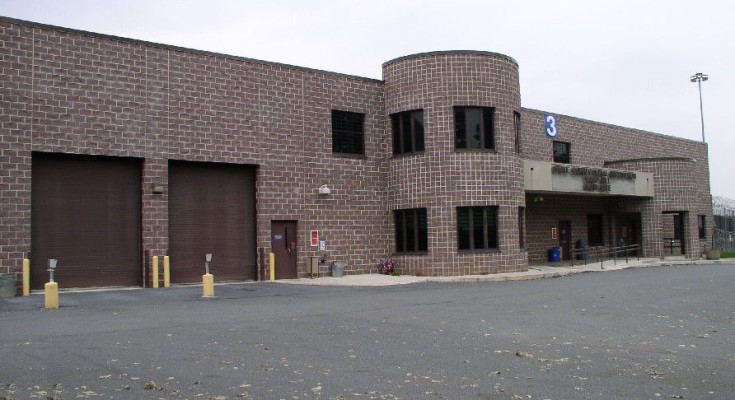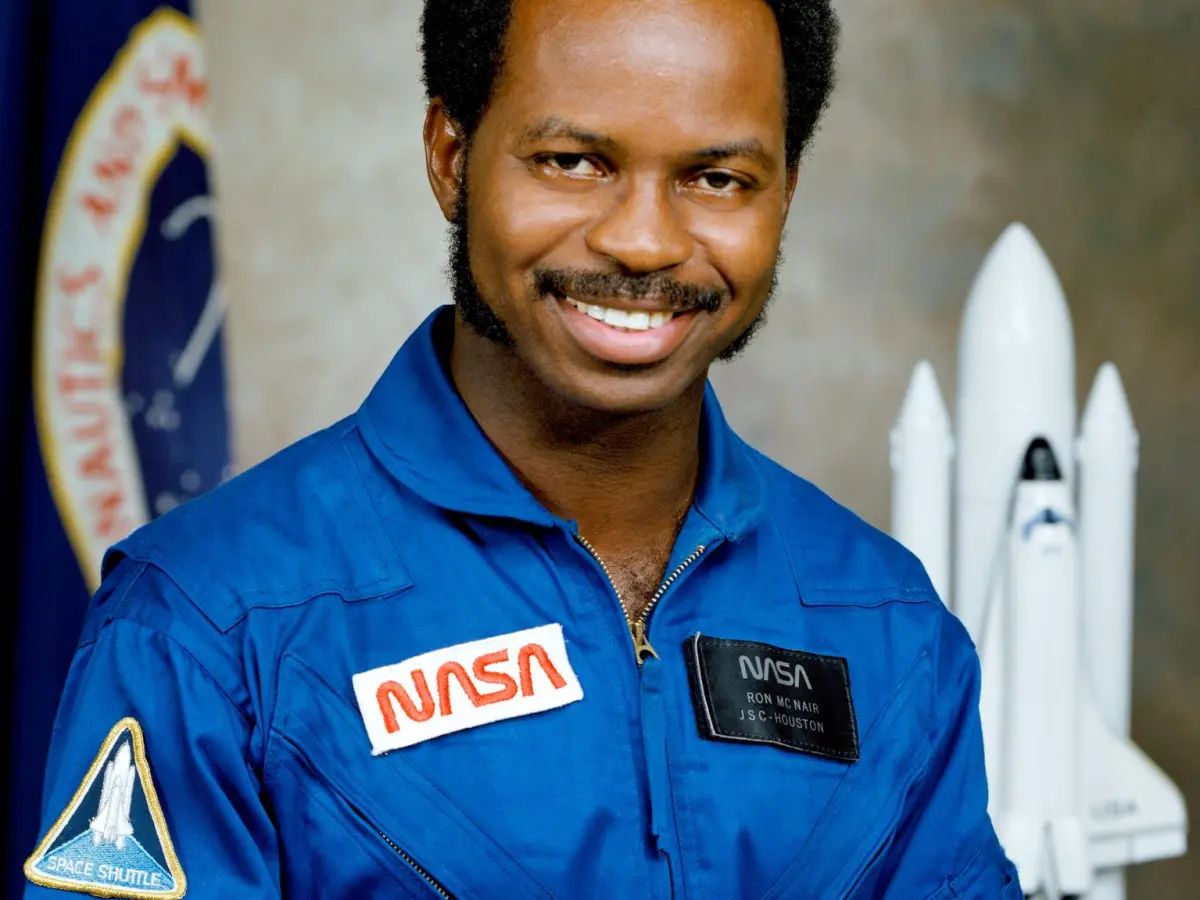
In a recent interview, Mike Kennedy, the U.S. representative for Utah’s 3rd congressional district, discussed the tragic assassination of conservative activist Charlie Kirk. The shocking incident occurred in Utah County, where Kennedy reflected on the profound implications of such violence on society.
During the conversation with ABC4, Kennedy mentioned the role of the local community in addressing the situation, stating, “I know these people that were pursuing this individual,” referring to the apprehended suspect, Tyler Robinson, a 22-year-old from Washington County. The congressman expressed his dismay at the young man’s background, noting that Robinson had likely been influenced by harmful online environments.
Social Media’s Role in Violence
“When the bullet casings came out, the inscriptions on there reflect that this kid has spent years immersed in what the governor calls the dark web,” Kennedy explained. He emphasized the alarming accessibility of violent rhetoric online, stating, “I think part of the answer is social media and the internet and how available violent rhetoric, not just rhetoric, but instructions on how to do these terrible things, how available it is.”
Kennedy highlighted the need for parents and guardians to engage with their children about their online experiences. While he acknowledged the challenges posed by social media, he urged against allowing fear to silence political discourse. “Willingness to debate vigorously, there’s nothing wrong with that. But an unwillingness to demonize or dehumanize the other side is something that we all have to keep working on,” he noted.
The Impact of Violence on Youth
In the wake of this incident, Kennedy revealed his concern regarding the exposure of young people to graphic content. He was particularly disturbed to learn that a fourth grader had shared a video of the assassination with classmates. “I was shocked and dismayed to hear a fourth grader had the video of the assassination on his phone,” he said. “Young people being exposed to this utter gory filth is just a terrible thing.”
Despite the tragedy, Kennedy expressed hope for healing within the community. He underscored the importance of unity and collaboration, stating, “We can work together, we can unite, we can heal in a granular fashion.” Both he and his family, who have college-age children, are working to address the trauma caused by the event.
As for Charlie Kirk, Kennedy described him as a martyr for free speech and a role model for engaging in civil discourse. He believes Kirk’s legacy will be amplified, stating, “He lived a remarkable life, and we should pay homage to him.”
In his closing remarks, Kennedy emphasized the need for accountability among political leaders. He expressed a commitment to lead by example, stating, “If I got condemnatory or accusatory language, I’ll pull somebody aside privately and talk to them about what I think about what they said.”
As the community grapples with the aftermath of this tragic event, Kennedy’s insights underscore the pressing need for dialogue about the impact of violence and the role of social media in shaping young minds.






